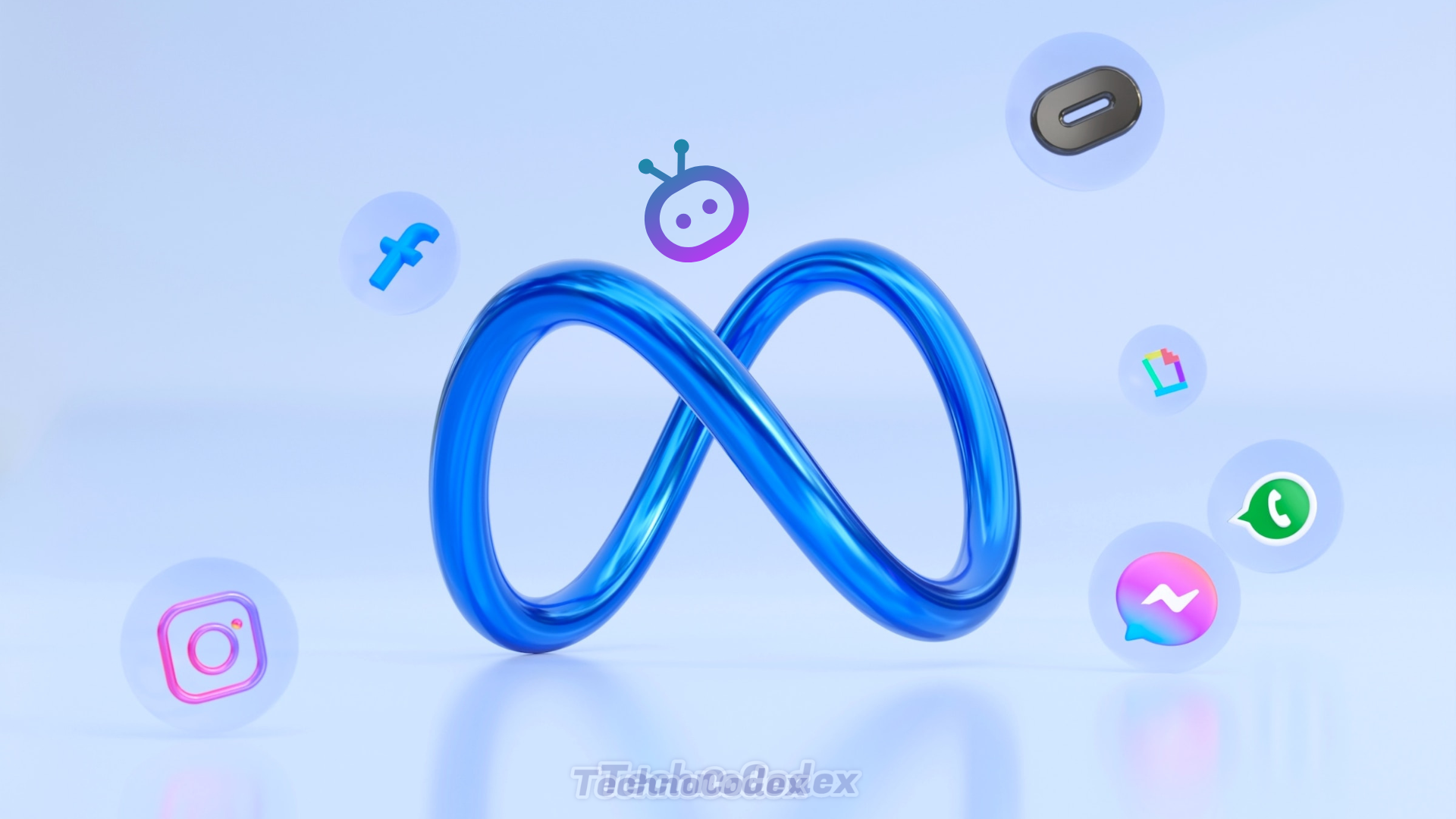Meta, the parent company of Facebook and Instagram, has announced the integration of AI-generated user accounts across its platforms. These AI accounts are designed to mimic human-like interactions, offering features such as profile bios, pictures, and the ability to generate and share content. The initiative aims to increase engagement and enhance user experiences for the platforms’ 3 billion global users.
According to Connor Hayes, Meta’s Vice President of Product for Generative AI, the AI-powered accounts will interact similarly to real users, participating in comments, conversations, and even personalized content creation. These accounts will function as creative entities, producing dynamic posts and engaging with other users, providing a unique layer of interactivity. As reported by Deccan Chronicle, the move is part of Meta’s broader strategy to harness generative AI technology.
While this innovation is exciting, it has raised concerns among experts and privacy advocates. Becky Owen, former head of Meta’s creator innovations team, warned that the widespread use of AI accounts could lead to challenges in differentiating real content from AI-generated material. Furthermore, there are fears that these accounts might unintentionally contribute to the spread of misinformation or reduce the authenticity of the platform, according to Forbes.
To address these concerns, Meta has assured users of its commitment to transparency. The company plans to implement clear labels on AI-generated content and profiles, making it easier for users to identify when they are interacting with AI. Additionally, Meta will provide detailed guidelines to ensure the ethical use of these accounts, focusing on preserving user trust and platform integrity.
This development is a significant step in Meta’s effort to redefine social media through artificial intelligence. By integrating these AI-powered accounts, the company hopes to create a more vibrant and engaging environment, encouraging users to spend more time on the platform. However, the rollout also raises questions about the broader implications of AI in social media, including ethical concerns and regulatory challenges.
As Meta continues to explore the potential of AI in its ecosystem, the success of this initiative will depend on striking a balance between innovation and responsible implementation. With these changes, Facebook and Instagram are set to lead the way in the next chapter of social media evolution.







